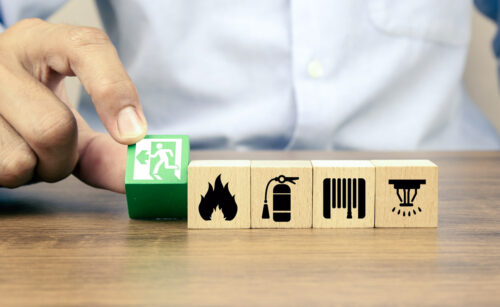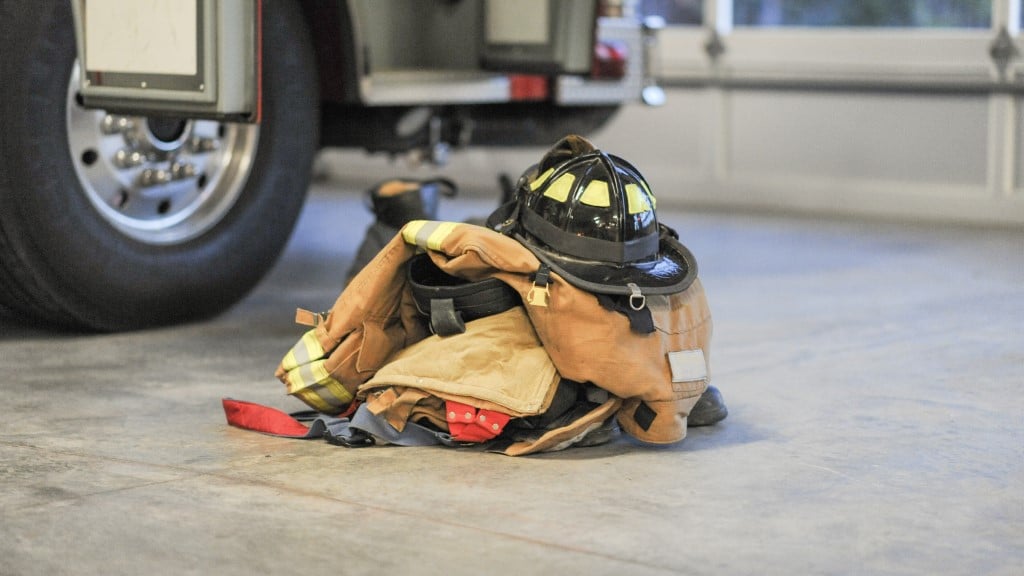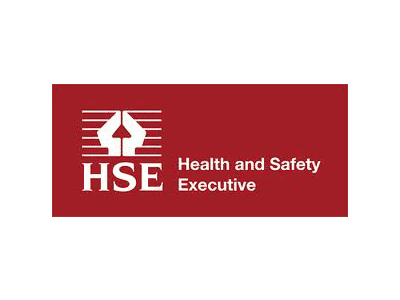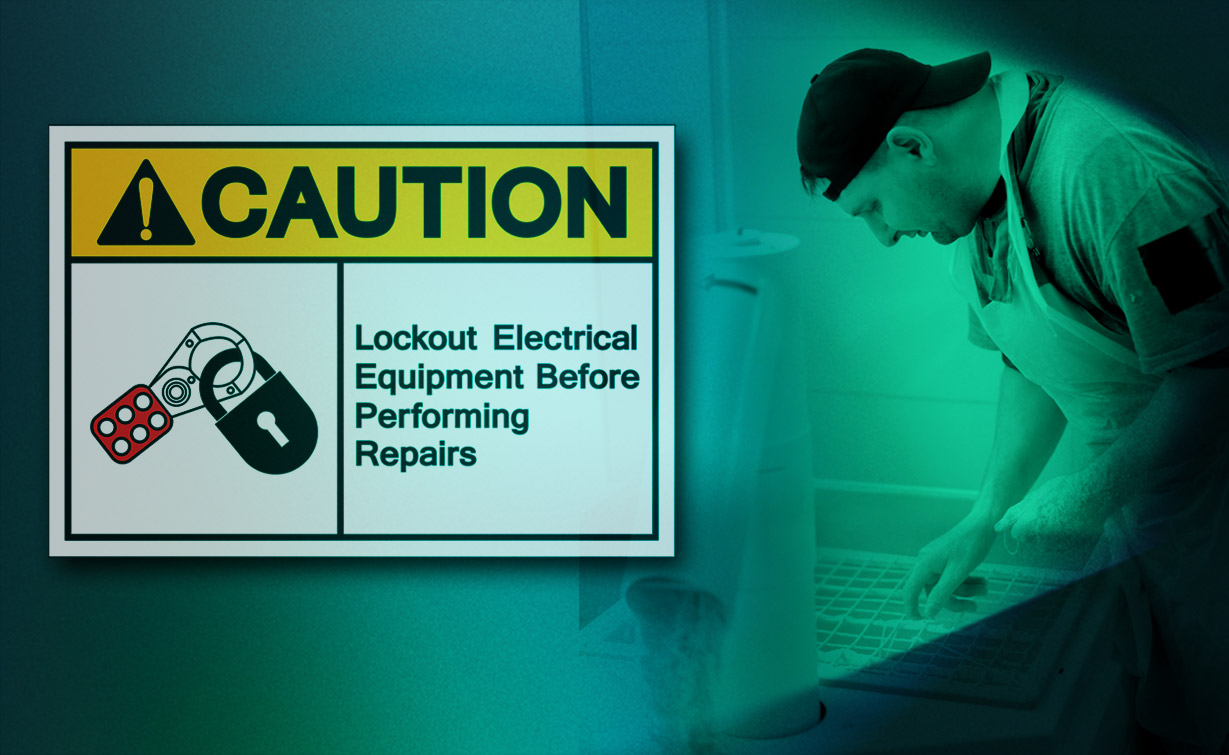November 29, 2024
Fire safety bodies hold Grenfell Report roundtable
This content has been produced in association with our sister company, Barbour.
Fire safety professionals have met to discuss the recommendations of the Grenfell Inquiry Phase 2 report and the path forward.
Hosted by the Institution of Fire Engineers (IFE) at its headquarters in Stratford-Upon-Avon on 8 October 2024, the discussion welcomed the likes of the Fire Industry Association (FIA), the Fire Sector Federation (FSF), the Fire Protection Association (FPA), the National Fire Chiefs Council (NFCC), CROSS-UK (Collaborative Reporting for Safer Structures), and the Health and Safety Executive as the Building Safety Regulator.
With the Grenfell Tower tragedy and subsequent release of the Phase 2 report leading to a significant turning point for the industry, the roundtable discussion looked to address the “pivotal role the sector can plan in making people and buildings safer”, including how the partner organisations can collectively support both government and industry in responding to the recommendations set out in Sir Martin Moore-Bick’s final Inquiry report.
Touching on issues of competency and professionalism, construction standards, the need for a ‘central co-ordinated entity’, and the development of further research and innovation in fire safety, attendees reviewed the recommendations and identified opportunities for collaboration to “rebuild confidence” in the industry and “drive essential reforms”.
It was unanimously agreed that the need for a collaborative approach to ensuring effective fire safety and building regulatory improvements was key.
As outlined by the IFE and FIA, the following key points were discussed:
Competence
- Construction standards: The development of robust and consistent competency frameworks was emphasised, clearly defining the required knowledge and ethical standards for fire and construction professionals.
- Competence and professionalism: Establishing clear standards of competence across the sector is crucial for maintaining accountability and consistency across built environments. There must be a focus on defining consequences for non-compliance, ensuring that individuals and organisations conform with the required professional standards.
- Professional standards and accreditation: Enhanced promotion of existing registration processes for fire engineers is essential to ensure the maintenance and upholding of professional standards. Expansion in the number of accredited fire engineering programmes is needed at higher education institutions. For the development of future expertise, this is crucial.
Structure
- Building and safety regulatory framework: Industry participants expressed concern about the fragmentation of fire safety regulation among multiple government ministries. It was acknowledged that integrating emergency response capabilities with fire safety strategies is critical for efficiently managing risks, particularly in complex building environments.
- Establishing a central co-ordinated entity: The need for a central co-ordinating unit was raised to act as a collaborative platform for all stakeholders. This would streamline efforts, align objectives, and provide a result in a unified approach to addressing the complexities of standards and regulation.
- Communications: There was a unanimous agreement on the need for cohesive communication amongst leading fire organisations to effectively present the sector’s collective efforts and actions transparently to both government and our communities. Partner organisations must demonstrate a unified commitment to responding to the recommendations from the Grenfell Tower Inquiry.
Research
- Innovation in fire safety: To meet the needs of the industry, map out current research avenues, and pinpoint areas in need of innovation. The delegates reached a consensus to develop a common agenda that directs future research towards practical, high-impact areas of fire safety.
It was agreed that all participants were committed to advancing regulation, enhancing professional competencies, and achieving the shared objectives of the roundtable across the fire sector.
Importantly, several collaborative projects were agreed on and are expected to be considered at a future roundtable discussion. Other key organisations will also be invited as part of the ongoing shared dialogue.
FPA
October 2024






